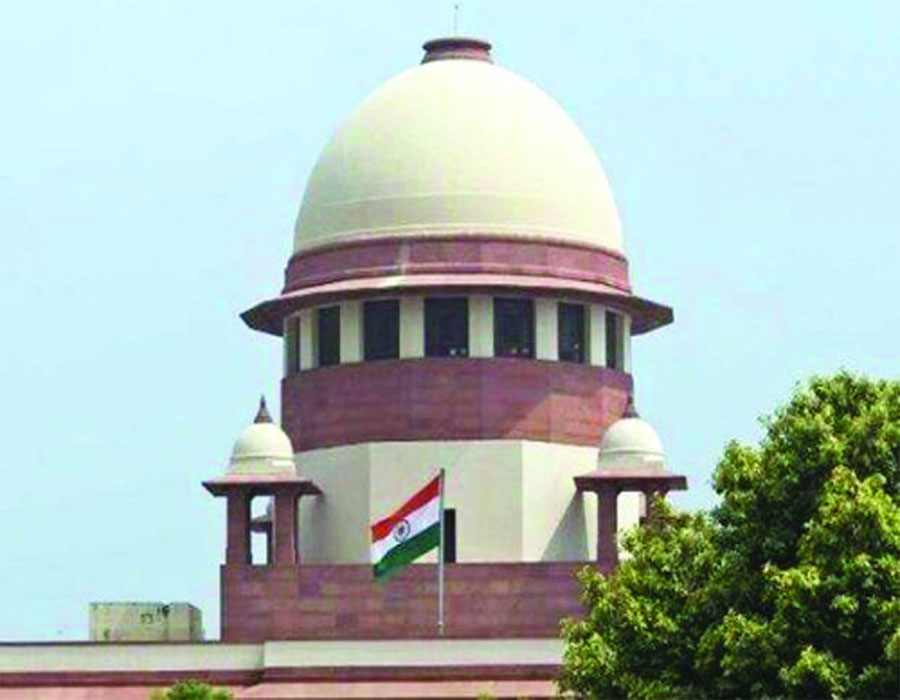The Supreme Court’s order against ‘misogynistic attitude’ in the courtrooms was a long time coming
The Supreme Court has recently told the judges at all levels of the judiciary to exercise extreme caution and restraint while handling cases of the nature of sexual crimes against women and advised them to use temperate language and expressions rather than going for the stereotypical projections. In its 24-page judgment, the apex court Bench listed the dos and don’ts to be followed by the dispensers of justice in its praiseworthy attempt to get rid of the “patriarchal mindset” and “misogynistic attitude”, both explicit and latent, among the members of the judiciary. The Bench unequivocally held that the use of any sort of reasoning/language that tends to “trivialise” the survivor must be avoided “under all circumstances”. Welcome as much as the ruling is, it hasn’t come even one day too early; rather, it is surprising that it has taken this long despite the presence of a good number of women judges and prosecutors in all strata of the judicial system. In this context, it would be pertinent to mention that just a few weeks ago, the Supreme Court itself had asked the rape accused of a minor (at the time of the incident) whether he intended to marry her as a condition for granting him bail; even though Chief Justice of India SA Bobde had within days set the record straight by clarifying his position that his remarks had been misconstrued and that he had been misquoted. In July 2020, in a similar incident, the Madhya Pradesh High Court granted anticipatory bail to a rape accused. While granting him protection from arrest, the court directed the accused to ask the victim to tie him a rakhi so that “he can vow to protect her like a brother”.
Such incidents undermine the faith of a gender crime survivor in the judiciary and, in fact, trivialise their trauma while adversely affecting their dignity. Seen in this light, it’s a matter of great satisfaction that the top court has recommended gender sensitisation for judges as well as public prosecutors, though it’s too early in the day to place bets on how much success would such training modules see in wiping out the deep-rooted biases against women in society. The Supreme Court also spelled out a number of steps to remedy the problem of stereotyping of the survivors. Judging feminine conduct from a masculine point of view has always been difficult, even in the modern times, and it remains to be seen how far this well-meaning step by the country’s top court will go in alleviating the hardships faced by survivors of anti-women crimes. The instant judgment is a welcome step towards making the Indian criminal justice system more considerate towards the experience women have in the courtrooms at all levels across the country. We congratulate the apex court for breaking new ground in its attempts to make the experience of judicial system less harrowing and painful for members of the fair sex and wish the judiciary members the best in this latest attempt to ameliorate the conditions of the system.








 OpinionExpress.In
OpinionExpress.In















Comments (0)